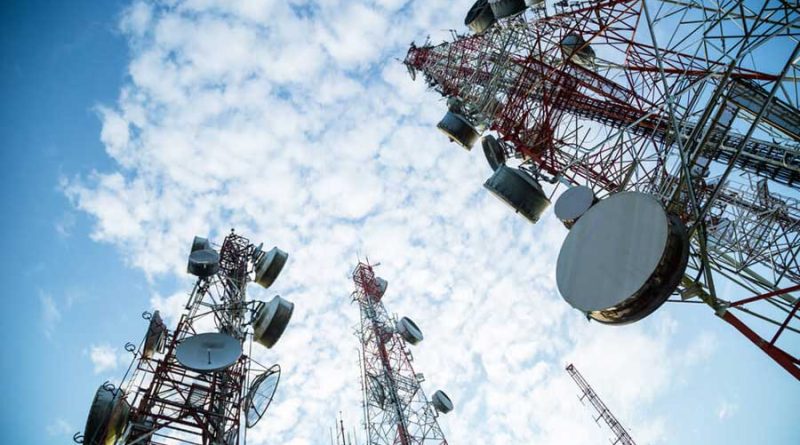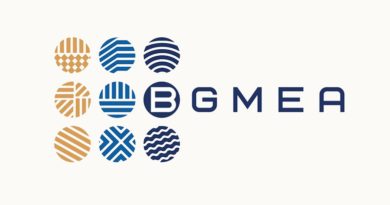The government has approved the Telecommunication Networking and Licensing Policy 2025, a major reform initiative aimed at overhauling Bangladesh’s telecom licensing system.
Officials described the move as a long-awaited breakthrough to replace the outdated, rigid and multi-layered licensing regime with a simplified, technology-neutral framework.
Mobile operators, the key stakeholders of the policy, however, gave a mixed reaction, welcoming the intent of reform but raising concerns over foreign investment barriers, lack of consultation, and the need for practical guidelines.
The policy was approved at a meeting of the Advisory Council on Thursday. Later in the day, Special Assistant to the Chief Adviser on the Ministry of Posts, Telecommunications and Information Technology Fayez Ahmad Taiyeb presented details of the new policy at the Foreign Service Academy in Dhaka.
Taiyeb said that under the previous system, there were 26 types of licences and a total of 3,299 permits in circulation. This multiplicity made it difficult to ensure quality of service and price alignment, he added.
“The new policy brings the framework down to only three categories, which will allow greater focus on service quality while eliminating inefficiencies,” he explained.
Officials said the previous system had allowed middlemen to take a share of revenue without adding real value, thereby depriving both the government and consumers. Under the new policy, those distortions will be removed, creating space for higher government revenue, which can then be directed towards extending coverage to climate-affected areas and ensuring affordable services for citizens.
The policy was finalised following recommendations of a high-level committee chaired by the Planning Adviser. At least ten major changes were made before its final submission to the Cabinet Division.
One of the most significant features of the new regime is the emphasis on active and passive infrastructure sharing, allowing operators to expand services competitively and efficiently. This is expected to enhance quality, reduce costs and attract more foreign direct investment. It also formally recognises new technologies and services such as MVNO, VoWiFi, WiFi-6 and WiFi-7, alongside opportunities to expand IoT and AI-based solutions.
In line with the government’s broader ‘Smart Bangladesh’ vision, the policy aims to remove barriers for new entrants, particularly small and medium enterprises, to launch innovative digital services. Officials believe this will widen connectivity to disadvantaged groups and help telecommunications play a more meaningful role in critical sectors such as agriculture, education and healthcare.
The broader objectives of the reform are consistent with international best practice. Officials from the Posts and Telecommunications Division noted that Bangladesh had fallen behind as other countries moved quickly to accommodate 5G, cloud computing and blockchain within their regulatory systems.
They said the new framework would restore competitiveness, encourage investment and accelerate digital inclusion.
Government projections suggest that the reforms will unlock fresh investment of Tk 50-60 billion in 4G and 5G in the short term, and nearly double sector revenue to Tk 220-250 billion by 2029. In the longer run, bundled broadband and cloud-based services are expected to become more affordable, while government revenue from the sector could triple.






